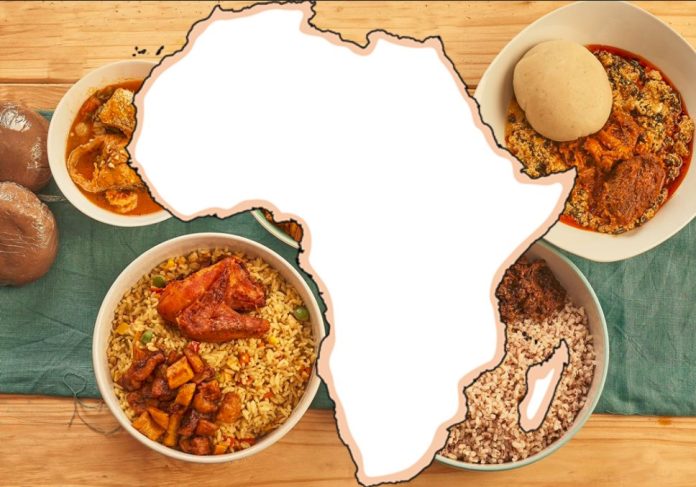News in brief: Africa is set to lead global growth in sugar and fish consumption, while demand for sugar in Western countries is expected to decline. However, rapid population growth in Africa will limit per capita consumption of livestock and its trade deficit in major food items is projected to double by 2032.
Africa is expected to lead global growth of sugar and fish consumption in the coming decade, according to a recent report by the Organization for Economic Cooperation and Development (OECD) and the Food and Agriculture Organization (FAO).
The Agriculture Outlook 2023-32 paper shows accelerating growth of these industries in the agricultural sector in Sub-Saharan African nations. It indicates that there will be lesser demand for sugar in western countries during the same period.
In addition, Africa is expected to lead the world in fish available for food consumption. However, due to the expected rapid increase in population in this area, there will be limitations on how much each person can consume from the livestock. The regionâs trade deficit in major food items, where imports’ value exceeds that of exports, is projected to almost double by 2032, which also reflects rapid population growth compared to other regions.
The outlook forecasts declining agriculture greenhouse gas (GHG) emissions in North America and rising emissions in Sub-Saharan Africa because of increasing crop and livestock production. This situation highlights the importance of transformative investments in the regionâs agri-food systems.
There is also the issue of increased price volatility for key agricultural inputs. “…a scenario analysis estimates that for each 1 per cent increase in fertiliser prices, agricultural commodity prices would increase by 0.2 per cent,” the executive summary for the report said.
We had previously reported on this projection before when we highlighted that food production around the world will grow in the next decade.



